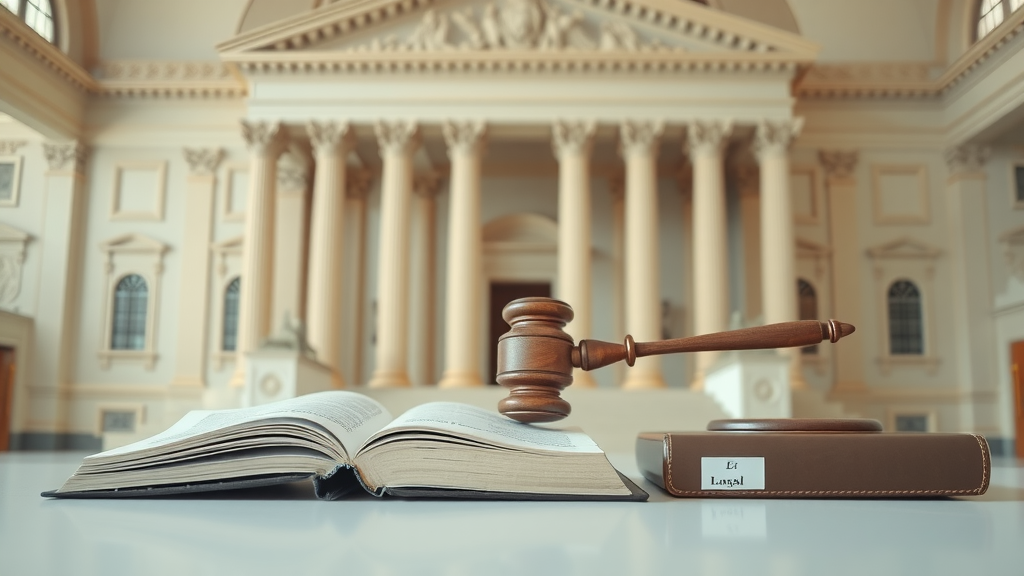Impact of Bankruptcy on Legal Judgments in Canada
bankruptcy, judgment, Nova Scotia
When you file for bankruptcy in Canada, an automatic stay stops all legal actions against you, including court judgment enforcement. Creditors can’t pursue you for payments during bankruptcy. Once you complete the process, debts covered, including those from judgments, are usually discharged, freeing you from the obligation to pay.

Bankruptcy in Canada halts court judgments and creditor actions.
Question
What happens to a judgment if I file for bankruptcy?
I’m wondering what filing for bankruptcy will do to an existing court judgment against me.
From: Anonymous, Nova Scotia (NS)
Answer
When you file for bankruptcy in Canada, an automatic stay kicks in, pausing all legal actions against you. This means that any court judgment enforcement grinds to a halt. Creditors can’t pursue you for payments through court actions during your bankruptcy period. However, the judgment isn’t wiped away; it’s just put on hold. Once you complete the bankruptcy process, the debts included—including those tied to the judgment—are generally discharged. Simply put, you won’t be legally required to pay them anymore. If the debt related to the judgment is covered by your bankruptcy, the creditor loses any claim on it.
From: Insider Scott
Elimiate up to 80% of Your Debt
High cost of gas, high cost of groceries, high lending rates, low salary - being in debt is not your fault! See if you qualify for government debt programs and get out of debt today!
OSB Based Answer
When you file for bankruptcy in Canada, any judgment against you for debt will generally be affected. According to the Bankruptcy and Insolvency Act, once you declare bankruptcy, the automatic stay of proceedings prevents creditors from enforcing judgments or initiating further collection activities against you (Section 69.3). The debt that was the subject of the judgment will typically be included in the bankruptcy discharge, which means you will not be legally required to pay it after bankruptcy, barring certain exceptions such as support payments or student loans (Section 178).
For specific reference, see:
- Bankruptcy and Insolvency Act, RSC 1985, c B-3, Sections 69.3 and 178.
From: This answer is provided by scanning the OSB Bankruptcy & Insolvency Act and related directives
References
| Reference Title and Source |
|---|
| Bankruptcy and Your Assets, Government of Canada |
| What Happens When You File for Bankruptcy?, Canadian Association of Insolvency and Restructuring Professionals |
| Understanding Court Judgments and Bankruptcy, Ontario Association of Insolvency and Restructuring Professionals |
| Bankruptcy and Insolvency Act (R.S.C., 1985, c. B-3), Government of Canada |
Table of article references
Eliminate up to 80% of Your Debt
High cost of gas, high cost of groceries, high lending rates, low salary - being in debt is not your fault! See if you qualify for government debt programs and get out of debt today!